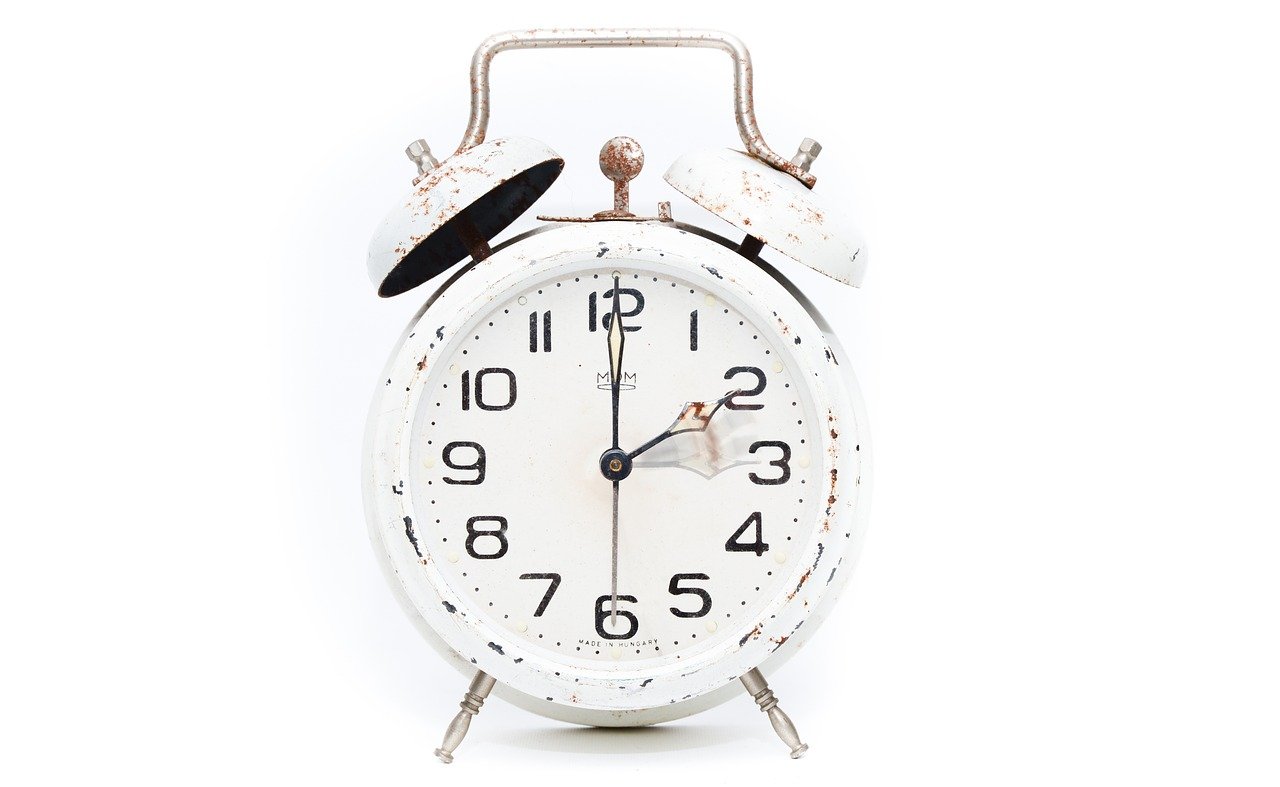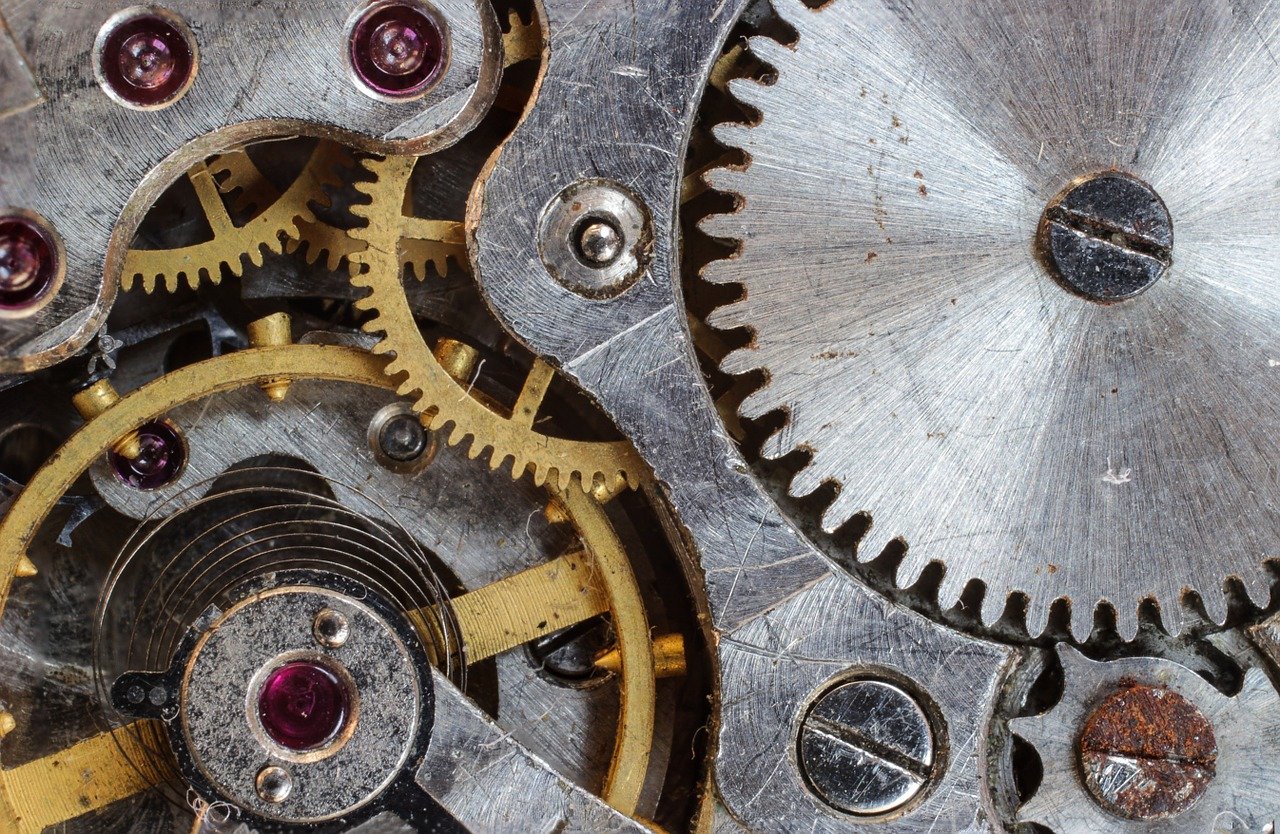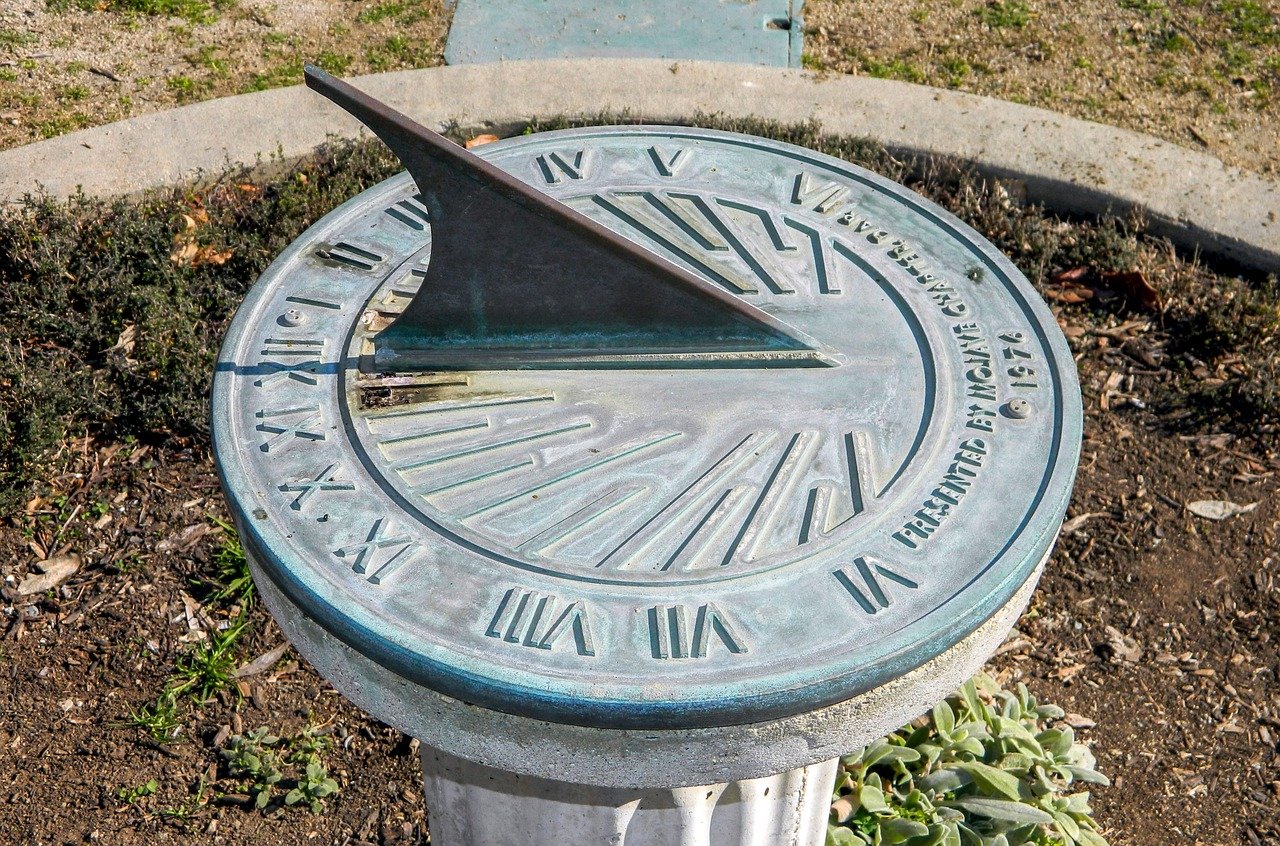
The alarm clock pierces the darkness with its banshee-like wail. Another day dawns through your tired eyelids, and the light from filtering through your eyelashes burns with the power of a thousand stars.
It's time to get up. It's time to do this, or time to do that. Or not, stay in bed. It doesn't really matter, does it? We often complain about not ever having enough time, but what is time? There has been, over the eons, many writers, artists, philosophers and scientists attempt to decipher the essence of time.
I'm just another in the long line of people who like to muse about time. This post will briefly discuss some personal thoughts about time, and hopefully raise some questions that I can explore at a later date regarding the nature of time.
There's lots of famous quotes about time. This one is attributed to Buddha:
The past is already gone, the future is not yet here. There's only one moment for you to live, and that is the present moment.
We see time a linear chain of events. One thing happens, then another happens. We see time as a circle through everyday. That's how we looked upon a sundial when that was how time was known to be. That's how we designed elegant clocks with elaborate mechanical gears and parts. We can forge objects that track and keep time; and yet, the way in which we measure it is so varied.
We've got atomic clocks, which are incredibly accurate, monitoring the radioactive decay of particles. Then there's those fine watches that cost almost as much as a house, lovingly made by hand in sleepy Swiss towns.

Time is part of our language. Intent, tense, and our description of what is, what has, and what will be rely on time. It is our measure of experience. Put two people in two different rooms. Give one nothing but the walls of the room. Give the other a puzzle, or ask them to draw something. Keep them there for the same length of time.
One will tell you that fragment of time was longer than the other, due to a lack of stimulation. Time appears, throughout the day to ebb and flow at different rates based on the activities that you are doing. Time, as you grow older, seems to go faster.
This has a physiological reason (we think) due to a sensory gland in the brain seeking 'updates' from the senses. As we age and our metabolism slows; this gland seeks updates less frequently, giving us the illusion that there is less time in each day, as our brains process less "refreshes" from our nervous system regarding our surroundings.

Light emerges from the sun. It travels to Earth. It interacts with the atmosphere as we hurtle through the great void. Eventually, the rays from the sun encounter the sundial and cast a shadow. As the Earth moves through space, rotating at dizzying speeds, that shadow changes, and it tells us what the time is. This is simple, elegant time.
The description isn't, and the fact that speed of light is used as a universal constant in many scientific formulae to describe time; does that make it a science thing? Certainly not. Definitely not.
Time used to be measured in other things, and used by ancient civilisations to dramatic effect, burial chambers that would be dark for many days of the year would be flooded with light on certain days. This is only possible by the concept of time, and a thorough knowledge of the patterns and rhythms of light in a certain geography.
Time weathers things. Time stands still. I don't know if we will ever figure out time, and I could potentially write many thousands of words about the topic. I believe that many have made astute observations about time, and these studies are too broad for discussion in a blog post like this. Therefore, I may do a blog post at a later date, more broadly investigating the philosophical intricacies and difficulties of describing time.
It is a fascinating subject, and something that is worth spending time on.
Image Sources
White Alarm Clock | Clock Gears | Sun Dial |
